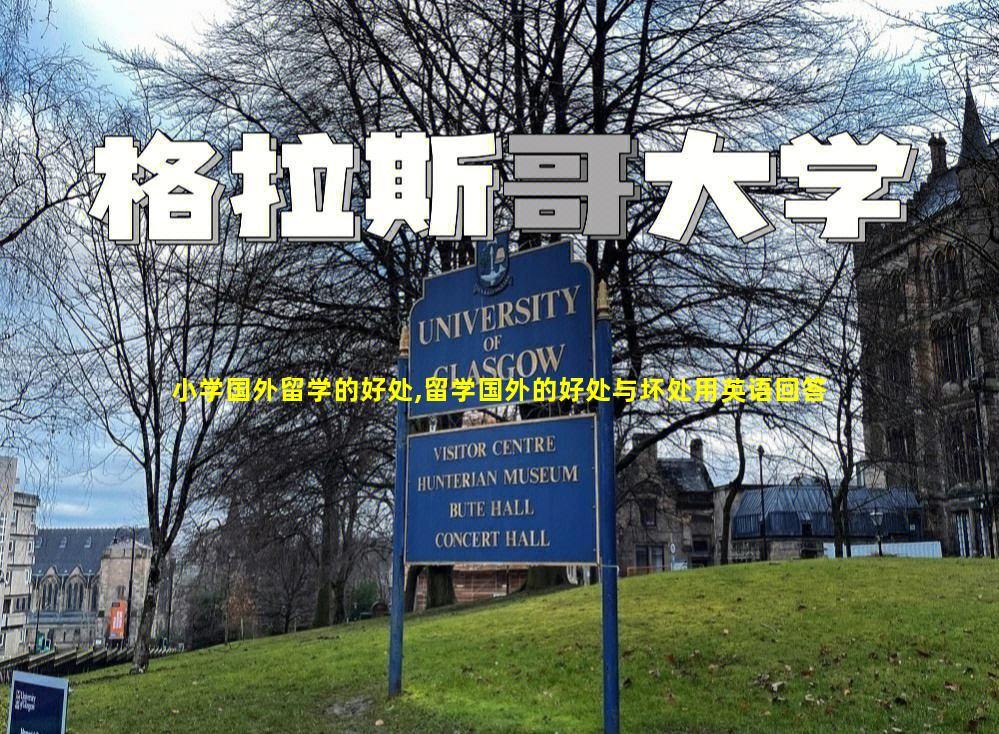 策留网
策留网小学国外留学的好处
学术优势:
接触世界一流的教育体系和资源
培养国际视野, расширять мировоззрение
获得在各方面都更具竞争力的教育
在考试和大学申请中获得优势
语言能力:
在沉浸式环境中学习一门外语,显著提升语言能力
增强自信心和沟通能力
为未来的全球化工作场所做好准备
文化体验:

接触不同的文化,拓宽视野
培养文化理解和尊重
发展批判思维和全球意识
社会技能:
在多元化的环境中学习,培养适应性和灵活性
结识来自不同背景的朋友,建立终生友谊
增强自信心和独立性
个人成长:
脱离舒适区,挑战自己
培养好奇心、韧性和独立处世能力
发展批判性思维和解决问题的能力
为未来的成功奠定坚实基础
其他好处:
在全球竞争中获得优势
提升社交媒体和网络技能
建立国际关系网
拓宽就业机会
Pros of Studying Abroad

Global perspective: Studying abroad immerses you in a different culture, allowing you to gain a global perspective and develop a better understanding of the world.
Career opportunities: Employers increasingly value who have international experience, as it demonstrates adaptability, problemsolving skills, and cultural sensitivity.
Personal growth: Studying abroad challenges you to step outside your comfort zone and grow both personally and academically.
Language skills: You have the opportunity to learn a new language or improve your existing language skills by living in a foreign country.
New experiences: Studying abroad offers endless possibilities for adventure and personal exploration, giving you memories that will last a lifetime.
Cons of Studying Abroad
Cost: Studying abroad can be expensive, as you have to pay for tuition, housing, travel, and other living expenses.
Culture shock: Adapting to a new culture can be challenging and may cause homesickness or culture shock.
Academic challenges: The academic system in your host country may be different from your home country, which can be both a challenge and an opportunity for growth.
Distance from home: Being lejos from family and friends can be difficult, especially during times of need.
Visas and immigration: Applying for and maintaining a student visa can be a complex and timeconsuming process.
Benefits of Studying Abroad
Experience a new culture: Studying abroad allows you to immerse yourself in a different culture, learn about its history, traditions, and people. This can broaden your perspective and make you more openminded and tolerant.
Learn a new language: If you study abroad in a country where English is not the native language, you will have the opportunity to learn a new language. This can be a valuable skill for your future career and personal life.
Gain independence: Studying abroad requires you to be independent and resourceful. You will need to manage your own finances, find accommodation, and navigate a new city. This can help you develop important life skills.
Enhance your career prospects: Studying abroad can make you more competitive in the job market. Employers value who have international experience and who are comfortable working with people from different cultures.
Make new friends: Studying abroad is a great way to meet new people from all over the world. You can make lifelong friends and build a global network.
Drawbacks of Studying Abroad
Cost: Studying abroad can be expensive. You will need to pay for tuition, accommodation, food, and other expenses. You may also need to take out student loans to cover the costs.
Homesickness: It is common to feel homesick when you study abroad. You may miss your family, friends, and familiar surroundings. It is important to be prepared for this and to have a support system in place.
Culture shock: When you study abroad, you may experience culture shock. This can be a disorienting and challenging experience. It is important to be openminded and to try to learn about the new culture.
Language barrier: If you do not speak the native language of the country where you are studying, you may face a language barrier. This can make it difficult to communicate with people and to succeed in your studies.
Safety concerns: It is important to be aware of the safety concerns in the country where you are studying. This includes being aware of crime, political unrest, and other potential hazards.
有亲戚在国外留学可能有以下好处:
住宿和生活支持:
可以提供临时住宿,直到找到永久住所。
提供对当地文化和生活方式的见解和指导。
帮助解决诸如开设银行账户、购买当地 SIM 卡等日常事务。
学术资源:
可以提供对学校、课程和教授的内部信息。
帮助提高语言能力,尤其是口语和听力。
促进与其他国际学生和本地人的交流。
社交和情感支持:
提供一个应对文化冲击和思乡之情的安全空间。
创造一个结交新朋友和建立人脉的机会。
增强安全感和归属感。
经济支持:
在紧急情况下可能提供临时财务援助。
可能减少生活费用,例如伙食费或交通费。
其他好处:
有机会体验不同的文化和生活方式。
加强与海外亲戚的关系。
为职业生涯积累国际经验。
注意事项:
过度依赖亲戚可能会养成依赖性。
文化差异可能会导致误解或冲突。
确保明确界定责任和期望。
与亲戚保持定期沟通,以确保满足双方需求。
总体而言,在国外有亲戚可以为留学带来许多好处,但重要的是要明智地利用这些好处,并维持一个健康的界限感。